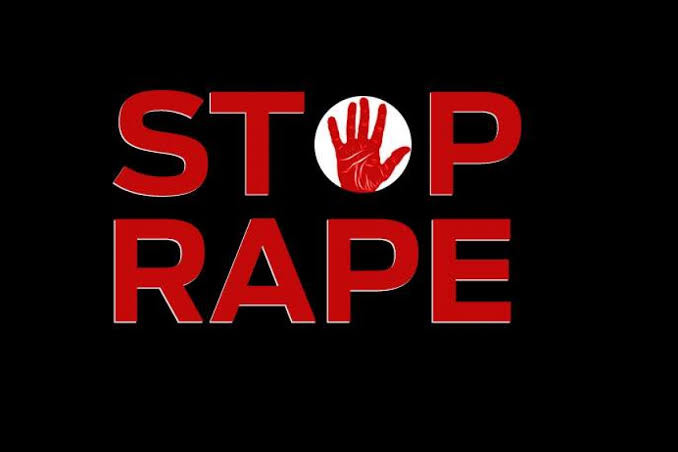Kaduna State Government has reiterated its readiness to conduct surgical castration for male rapists and bilateral salpingectomy for their female counterparts.
Recall that in 2022, former governor, Nasir El-Rufai had signed into law the amended penal code 2020 which prescribes surgical castration and removal of Fallopian tubes for child rapists upon conviction.
In November 2020, the Kaduna Assembly approved castration as punishment for anyone convicted of rape in the state.
The Commissioner for Human Services and Social Development, Mrs. Rabi Salisu, disclosed this at a Gender-Based Stakeholders Meeting in Kaduna on Thursday, November 30, 2023.
The summit was organised by her ministry, in collaboration with Centre for Integrated and Health Programmes (CIHP).
Salisu said the punitive measures were contained in the Kaduna State Government Violence Against Persons Prohibition Law (VAPPL), 2018.
“The law followed a lengthy process of advocacy, lobbying and awareness raising by civil society organisations in the state, in collaboration with relevant government agencies,” she said.
“Reported cases of Violence Against Women and Girls (VAWG) have been notably on the increase in Kaduna since the passage of the VAPPL in December 2018.This could be attributed to increased awareness about VAWG and also the availability of the law.”
According to the commissioner, the state has witnessed a rise in cases of Gender-Based Violence (GBV).
“According to the National GBV Data Situation Room and dashboard for prevention and response to GBV in Nigeria, 832 cases have been reported in 2023 so far.”
She said the 16 days between November 25 (International Day for the Elimination of Violence against Women) and December 10 were known as the ‘Days of Activism against Gender-Based Violence Campaign’.
“This period provides a time to stir up action to end violence against women and girls around the world. November 25 is designated as Orange Day by the UNiTE to End Violence against Women Campaign. The colour orange symbolises a brighter future, free of violence.
“It also serves as a means of demonstrating solidarity in eliminating all forms of violence. It is, therefore, used as the colour of the International Day for the Elimination of Violence against Women.”
![]()






























































